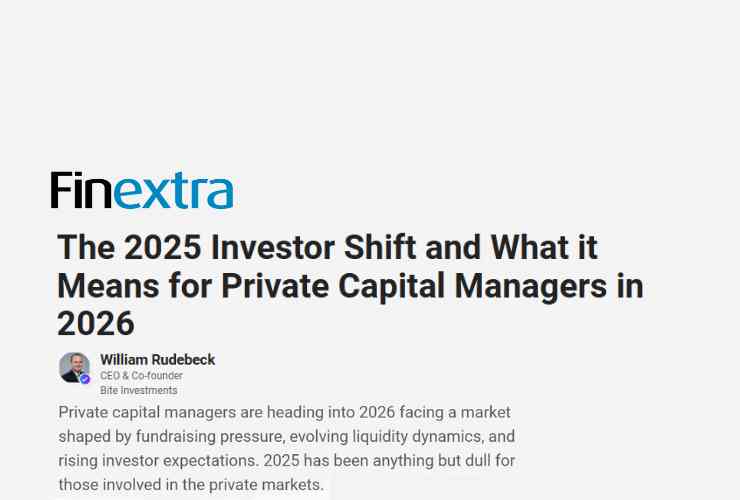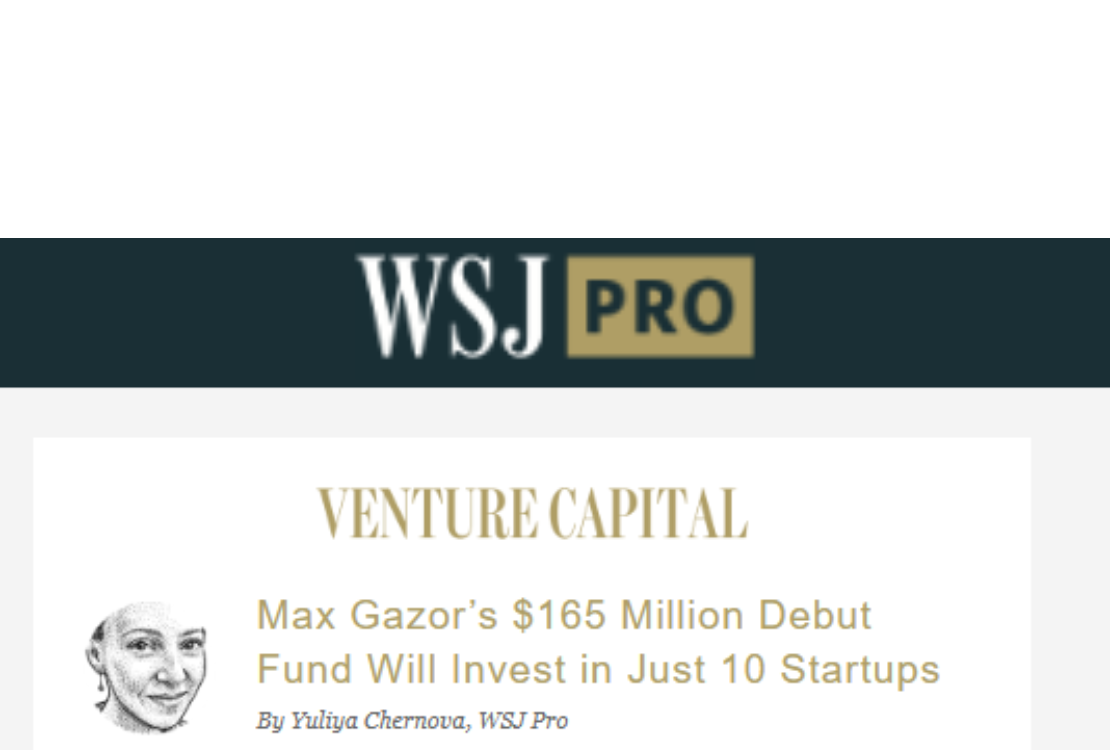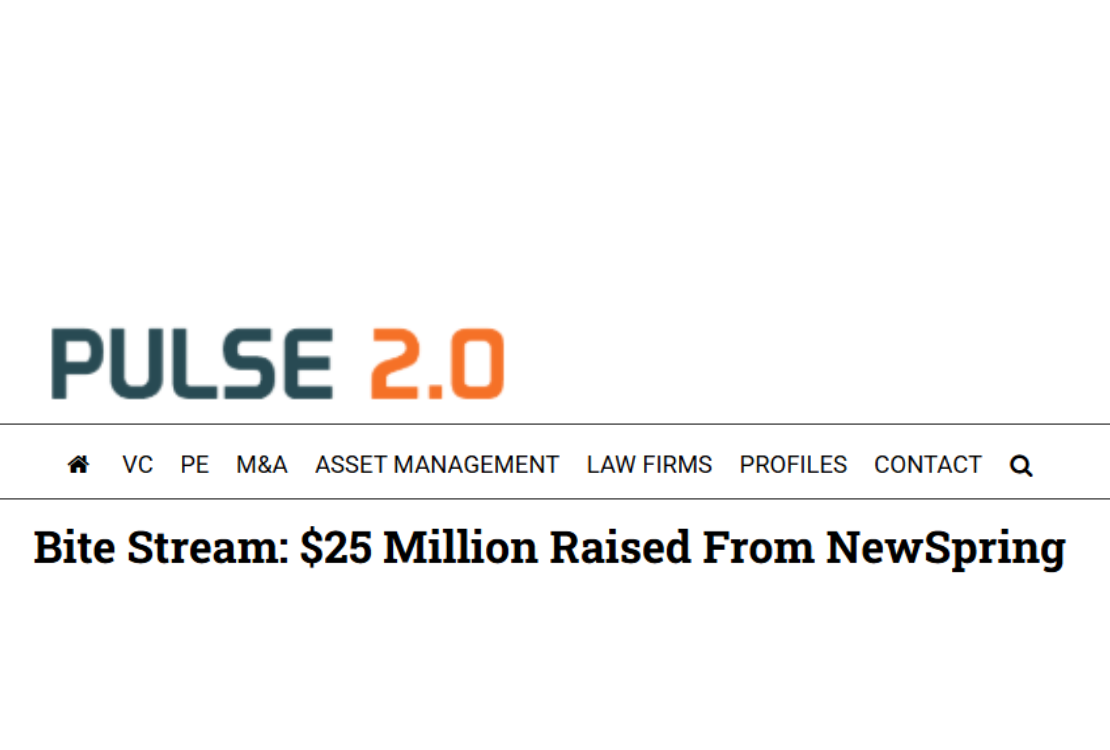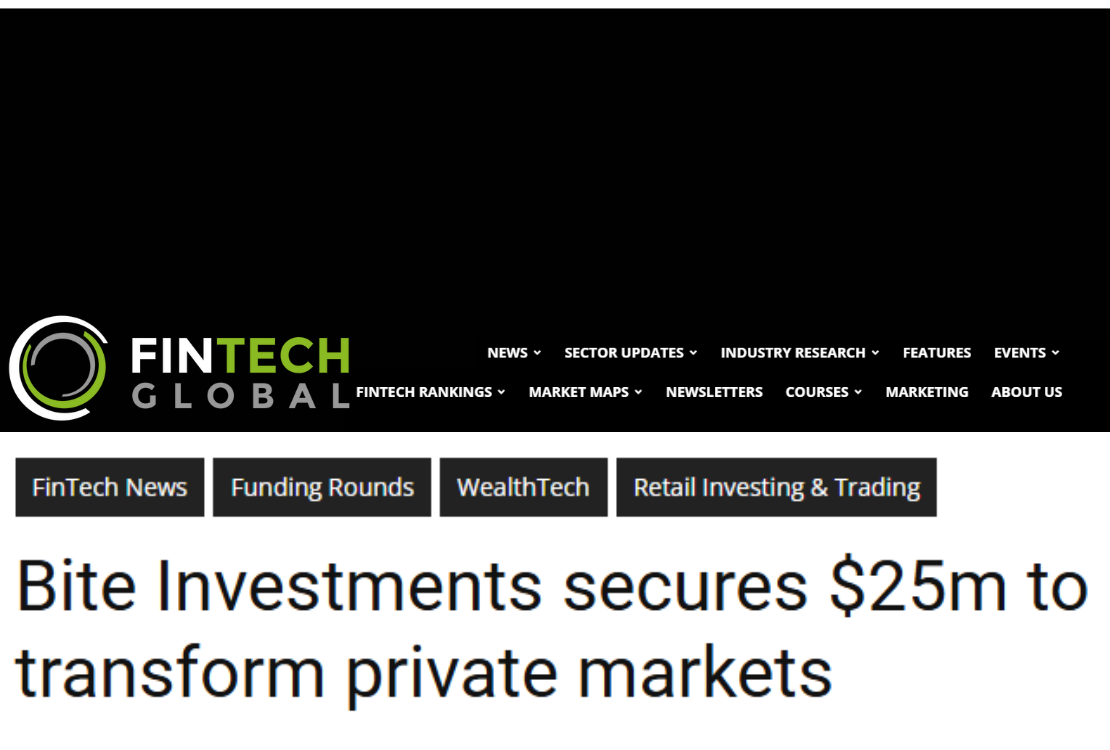Fundraising platforms-turned-GPs are revolutionising a traditionally laborious commitment process for wealth managers and their clients, writes Alex Lynn from PEI.
Private equity’s push into the private wealth space is being catalysed by a small cadre of tech-enabled fundraising platforms. In recent years, companies such as iCapital Network, Moonfare and Bite Investments have sprung up to help sponsors navigate the often complex process of raising capital from wealthy individuals. These platforms alone have been responsible for billions- worth of commitments to private markets funds managed by the likes of EQT, KKR and Ares Management. Where institutional investors are often expected to make commitments in the tens, if not hundreds, of millions, fundraising platforms have been known to off er access through tickets in the tens of thousands.
“When you are having a high volume of low-ticket investors, it’s almost like the micropayments of the private markets, even though of course they’re still quite large to mere mortals,” Henry Reynolds, chief operating officer at Bite Investments, tells Private Equity International.
“When you’re going through that, you do need the technology to drive the efficiencies – both from a practical perspective, in terms of the friction of signing a subscription doc, but also from a compliance perspective, because you’ve suddenly got a whole bunch of investors in, and you need to know the risk profiles.”
The model for these platforms can vary. Some, like Moonfare, operate predominantly as direct-to-consumer businesses, whereby individuals can pick and choose the funds they wish to commit from a curated menu online. Others, like iCapital, are strictly business-to-business, structuring feeder vehicles through which private banks and wealth managers can invest on behalf of their clients.
“There is this democratisation, but it’s important that the people participating are fully aware of what they do and how private markets fits in their portfolio,” says Marco Bizzozero, head of international at iCapital.
“That’s why we believe in the robustness of the B2B model, where there’s always an adviser between the private markets and the underlying client. This represents a line of defence and provides the required education, in order to ensure a sustainable growth of this asset class.”
One thing many of these platforms boast is a white-label product enabling customers to license the technology for their own purposes. In other words, a private equity firm or adviser could have its own branded fundraising platform and feeder vehicle through which it could distribute products to wealth managers or its clients directly.
“The historical bottleneck in this industry in terms of having access to private markets was the significant amount of manual admin work – which is also prone to errors – which the adviser had to face when investing in private markets,” Bizzozero adds.
“As a result of this, very often advisers were defensive in terms of approaching private markets for their clients because it was much more cumbersome compared to just subscribing to a liquid mutual fund. Now, with our technology and solutions, we are making this process very simple, fully digital and automated so that it’s easy for an adviser to embrace the asset class and focus on the investment narrative of that specific fund, rather than on the admin.”
Although fundraising platforms are capable of accepting small tickets from individual investors, the costs associated with feeder vehicles mean size remains an important consideration. Some platforms will only structure a feeder in cases where they’re assured of raising a certain amount of capital, often in the tens of millions.
Portfolio products are helping platforms to capture opportunities that might fall outside this bucket. Moonfare collected €70 million for its 2020-vintage Buyout Portfolio I, which backed funds such as EQT IX, KKR Asian Fund IV, Ares Corporate Opportunities Fund V and AlpInvest Co-Investment Fund VIII, per a June statement. The platform is seeking €100 million for a successor.
“The Moonfare portfolio funds are differentiated in that there’s an allocation to co-investments, and the ability to invest in some products that we can’t always put on our platform for a number of reasons,” says Sweta Chattopadhyay, investment director at Moonfare.
“They could access restricted funds where we may not receive significant allocation to justify the creation of a feeder if we are new investors. We have also invested in some interesting emerging managers which have shown early signs of realisations and a track record, and these are typically significantly smaller tickets.”
ICapital has also dabbled in management. Last year, a subsidiary of the platform took over management of KKR’s private equity vehicle for retail investors. The iCapital KKR Private Markets Fund – formerly known as the Altegris KKR Commitments Master Fund – offers accredited investors access to a portfolio of primary fund commitments, secondaries and co-investment stakes, most of which are managed or advised by KKR.
Second chances
The illiquidity of private markets has traditionally been a major obstacle to their adoption by HNW individuals.
“Liquidity becomes really important for the retail market because, unlike institutions, people are obviously subject to personal events or changing life circumstances,” Chattopadhyay says.
Secondaries functions are still a work in progress for some of these platforms, though Moonfare is further along than most. Last year, it partnered with secondaries giant Lexington to enable individuals to sell their fund stakes in two formal sales events each year.
Others are still perfecting their inhouse secondaries capabilities. “At the moment, it is quite straightforward – it is a traditional brokering model using the capabilities of our platform, and the prices reflect a thinly traded illiquid market,” Reynolds says. “But at least you will get something at this stage and as we get more people looking at it, hopefully that price will become truer.”




